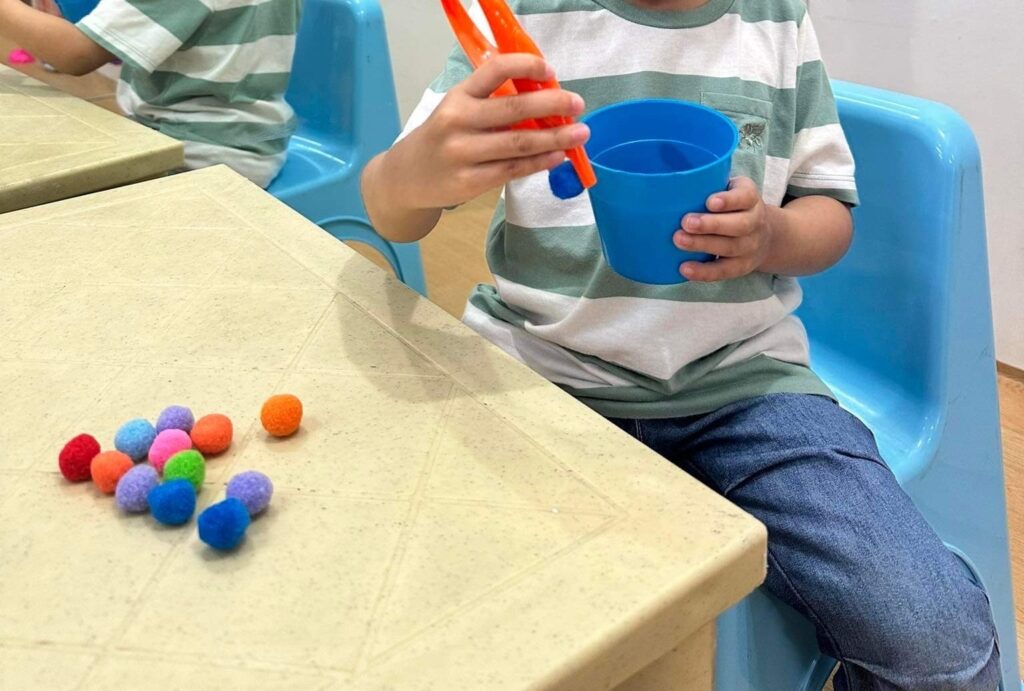Fine motor activities involve the coordination of small muscles, particularly those in the hands and fingers, to perform precise movements. For children, developing fine motor skills is an essential aspect of their growth and development. These skills enable children to perform everyday tasks with greater independence, support their academic learning, and enhance their cognitive, social, and emotional development. From tying shoelaces and writing, to drawing and using utensils, fine motor skills are integral to many facets of a child’s life. Understanding the importance of these skills can help caregivers, educators, and parents provide the necessary support and opportunities for children to develop them effectively.
Learning fine motor activities is crucial for children’s development for several reasons. Fine motor skills involve the coordination of small muscles, particularly in the hands and fingers, with the eyes. Here are some key points highlighting the importance:
- Daily Life Activities: Fine motor skills are essential for performing everyday tasks such as eating, dressing, brushing teeth, and tying shoelaces. Mastering these skills helps children become more independent.
- Academic Success: Many school-related activities require fine motor skills, including writing, drawing, cutting with scissors, and using a computer mouse or keyboard. Proficiency in these skills can enhance a child’s academic performance and confidence.
- Cognitive Development: Fine motor activities often involve complex hand-eye coordination and problem-solving, which stimulate cognitive development. For instance, puzzles and building blocks help in developing spatial awareness and critical thinking skills.
- Hand-Eye Coordination: Activities that require fine motor skills also enhance hand-eye coordination. This is important not only for academic tasks but also for sports and other physical activities that require precise movements.
- Creativity and Expression: Engaging in activities like drawing, painting, and crafting allows children to express themselves creatively. This is important for emotional development and can be a therapeutic outlet for emotions.
- Social Skills: Fine motor activities are often done in group settings, such as classrooms or playgroups. Participating in these activities helps children develop social skills like cooperation, sharing, and communication.
- Self-Esteem and Confidence: Successfully mastering fine motor tasks can boost a child’s self-esteem and confidence. When children can perform tasks independently and see their progress, it positively impacts their overall sense of competence.
- Developmental Milestones: Fine motor skills are key indicators of a child’s developmental progress. Delays in fine motor skills can signal other developmental issues, allowing for early intervention and support.
Overall, the development of fine motor skills is a foundational aspect of a child’s growth that supports a wide range of other abilities and contributes significantly to their overall development and well-being.

